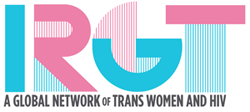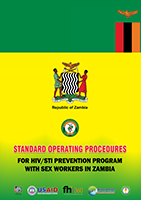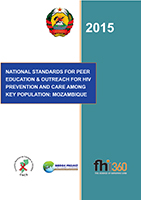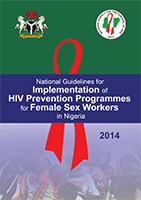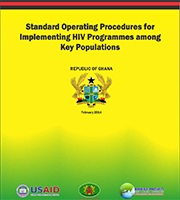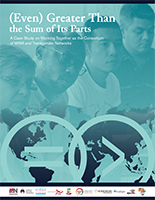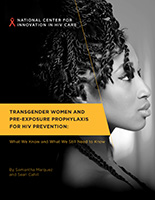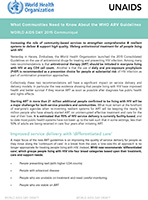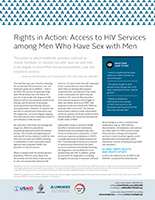
The Standard Operating Procedures in this document provide guidance on project management as well as behavioral, biomedical, and structural interventions necessary to provide quality services that would improve lives of female sex workers in Zambia, and provides the reader with the context for developing the strategy/activity as well as the structure, individual responsibilities, and monitoring plan.
Year of publication:
2015
Media:
